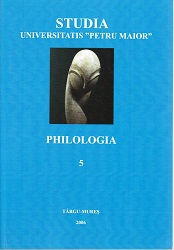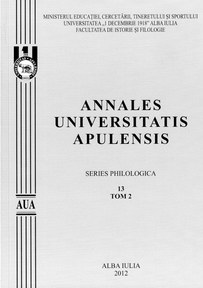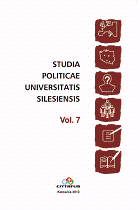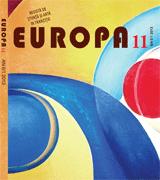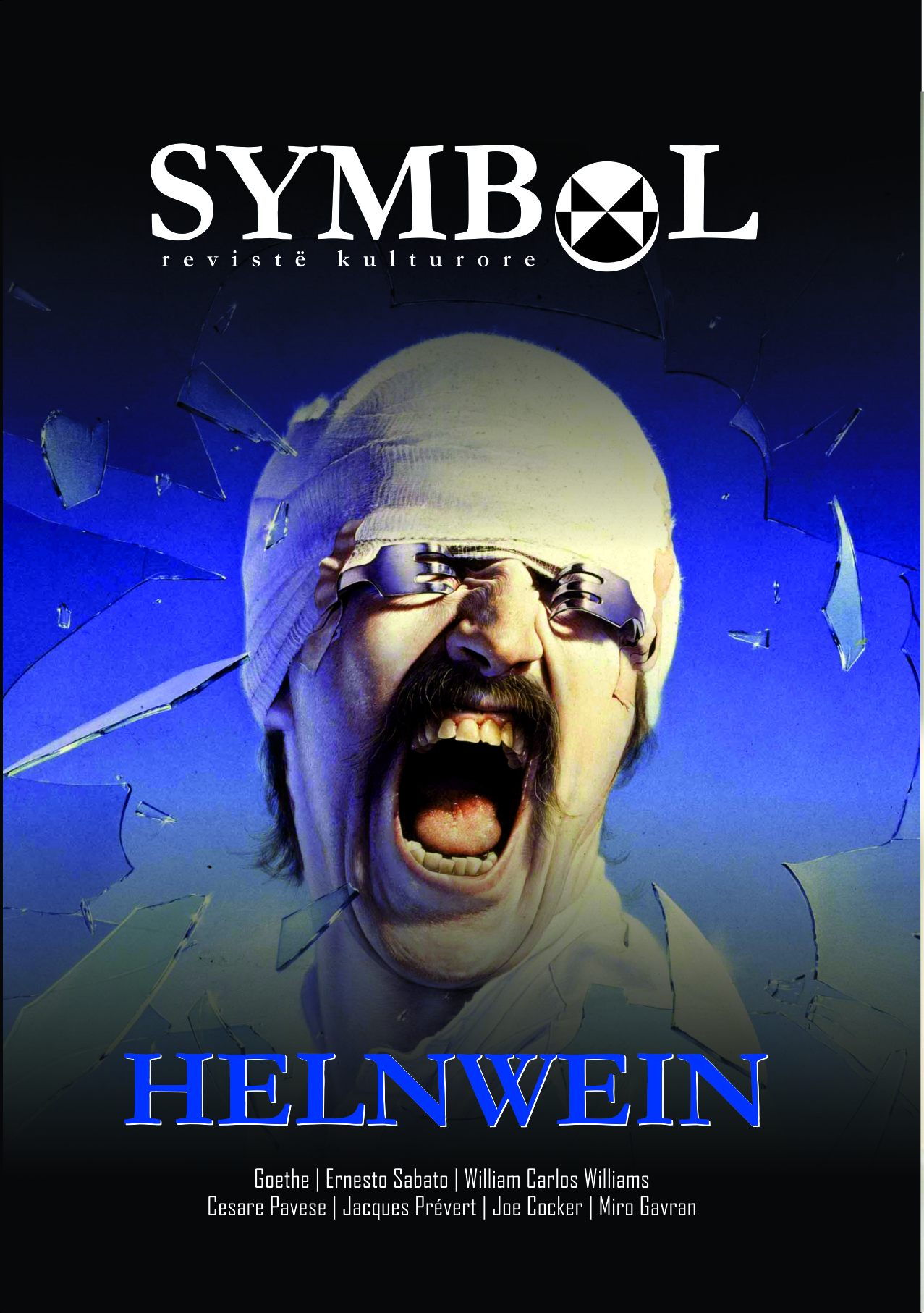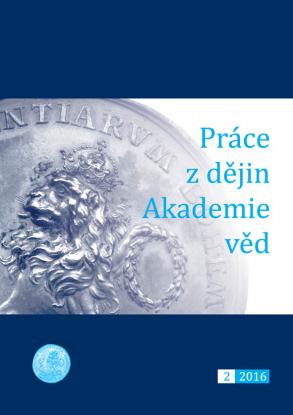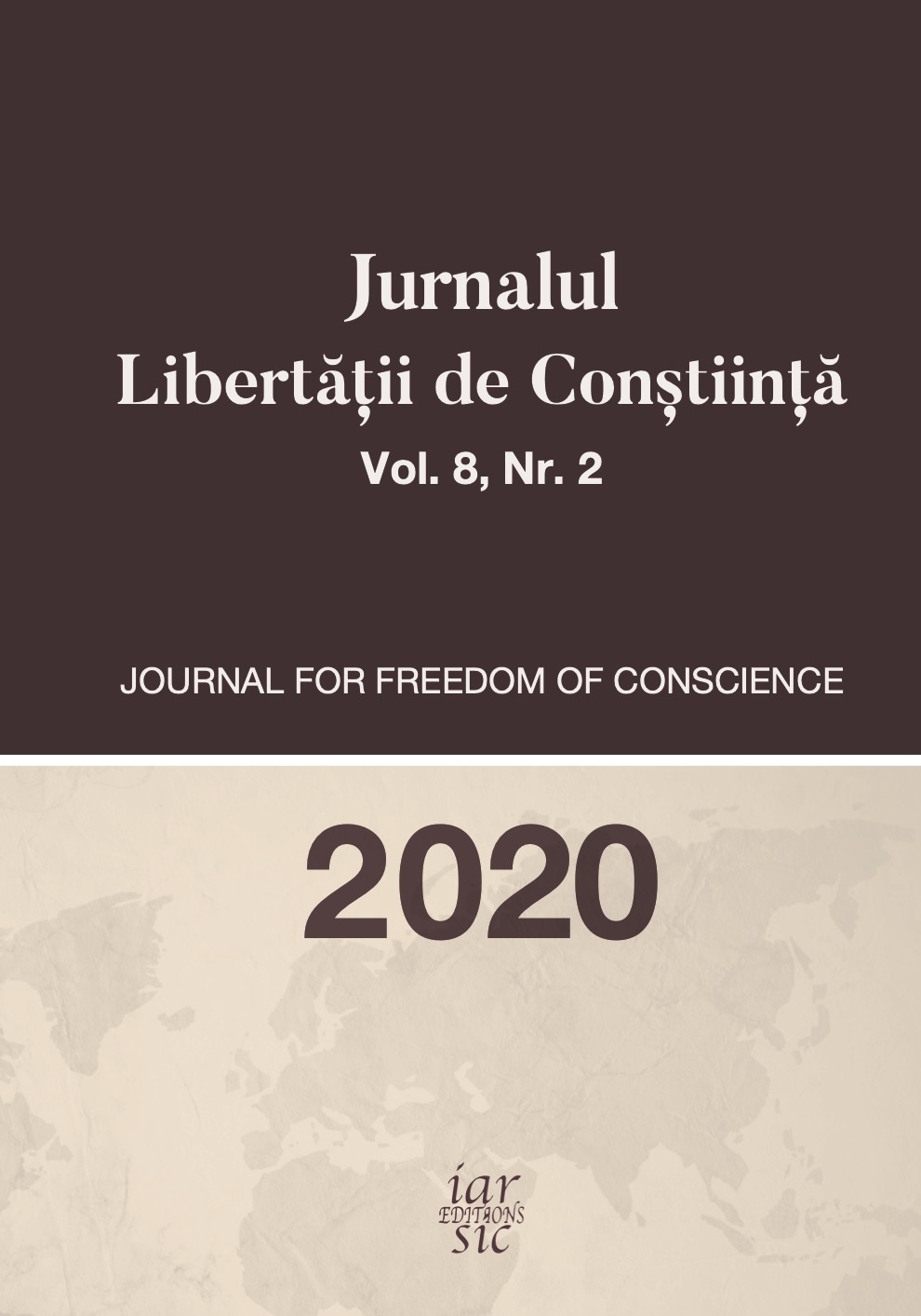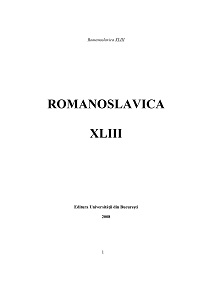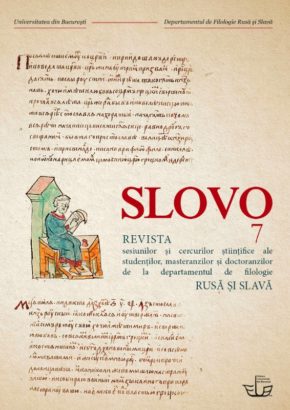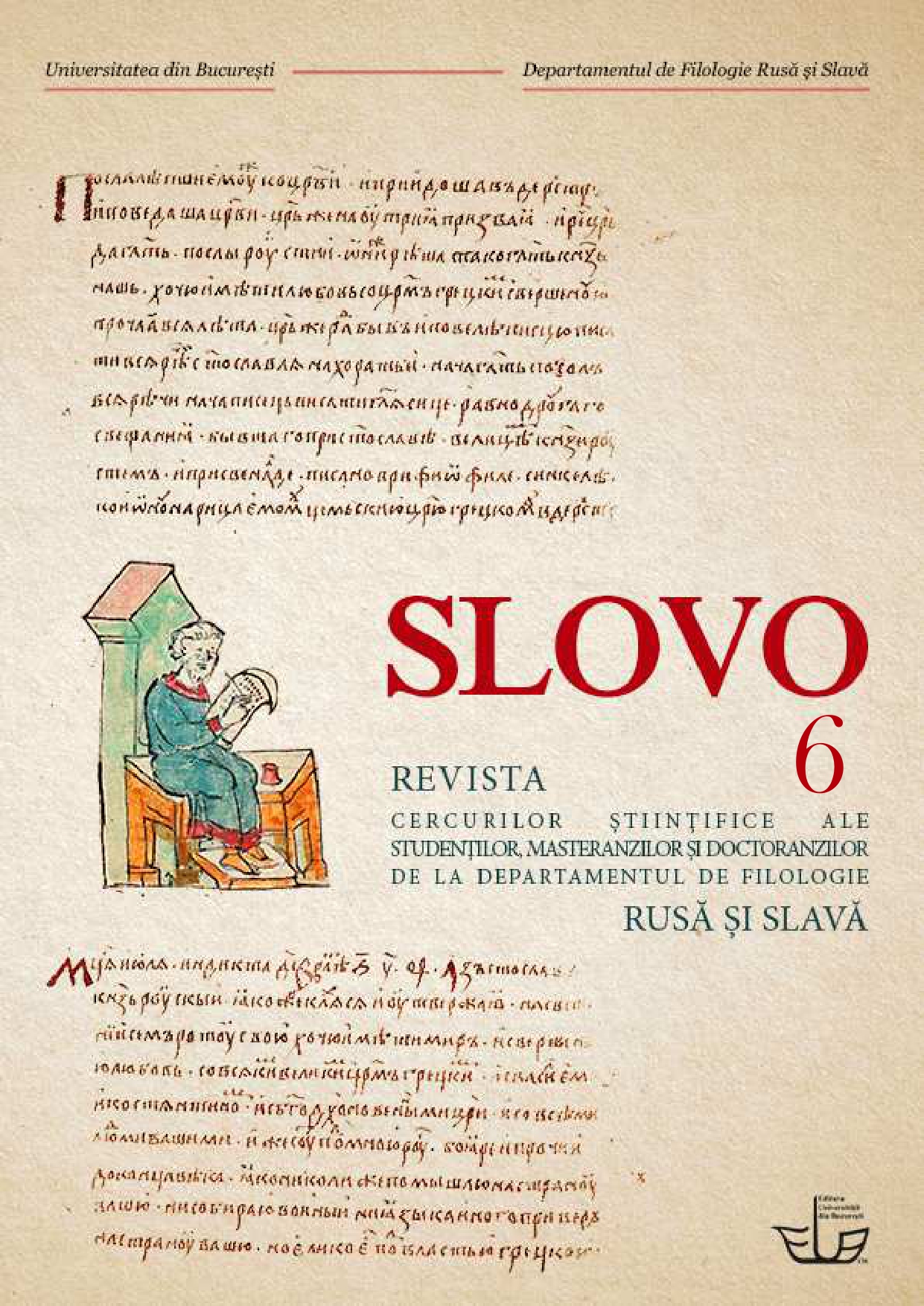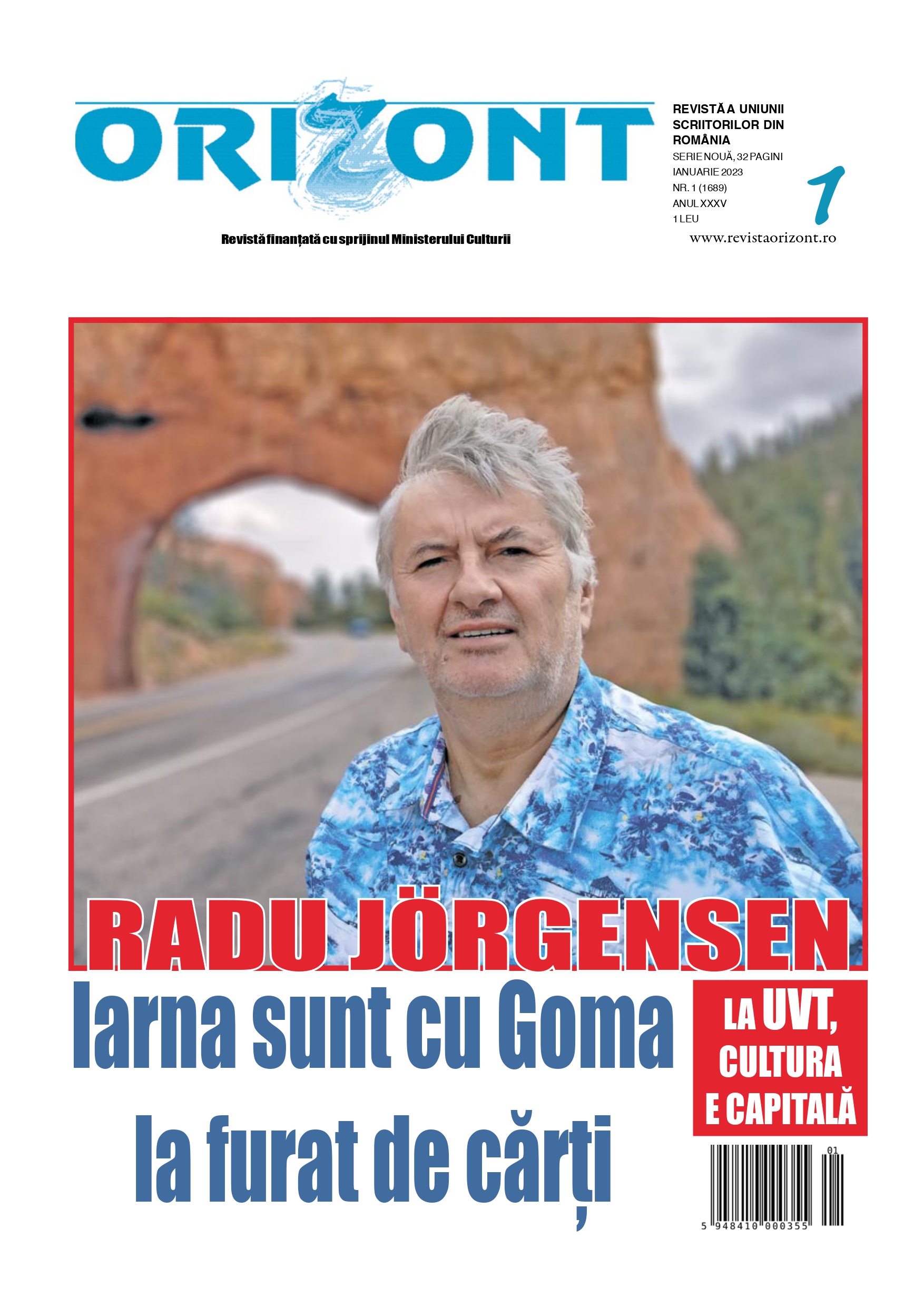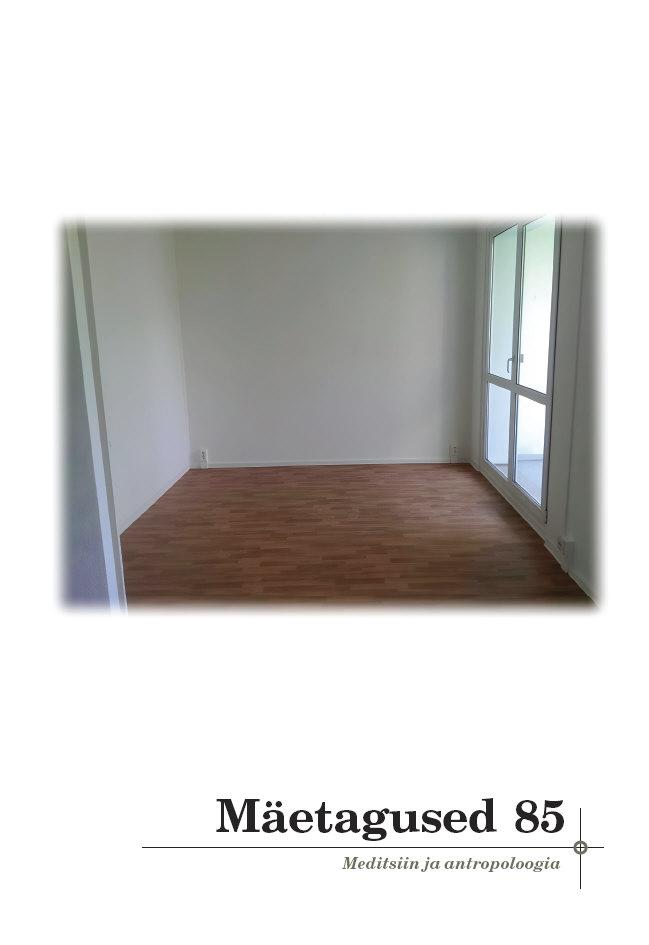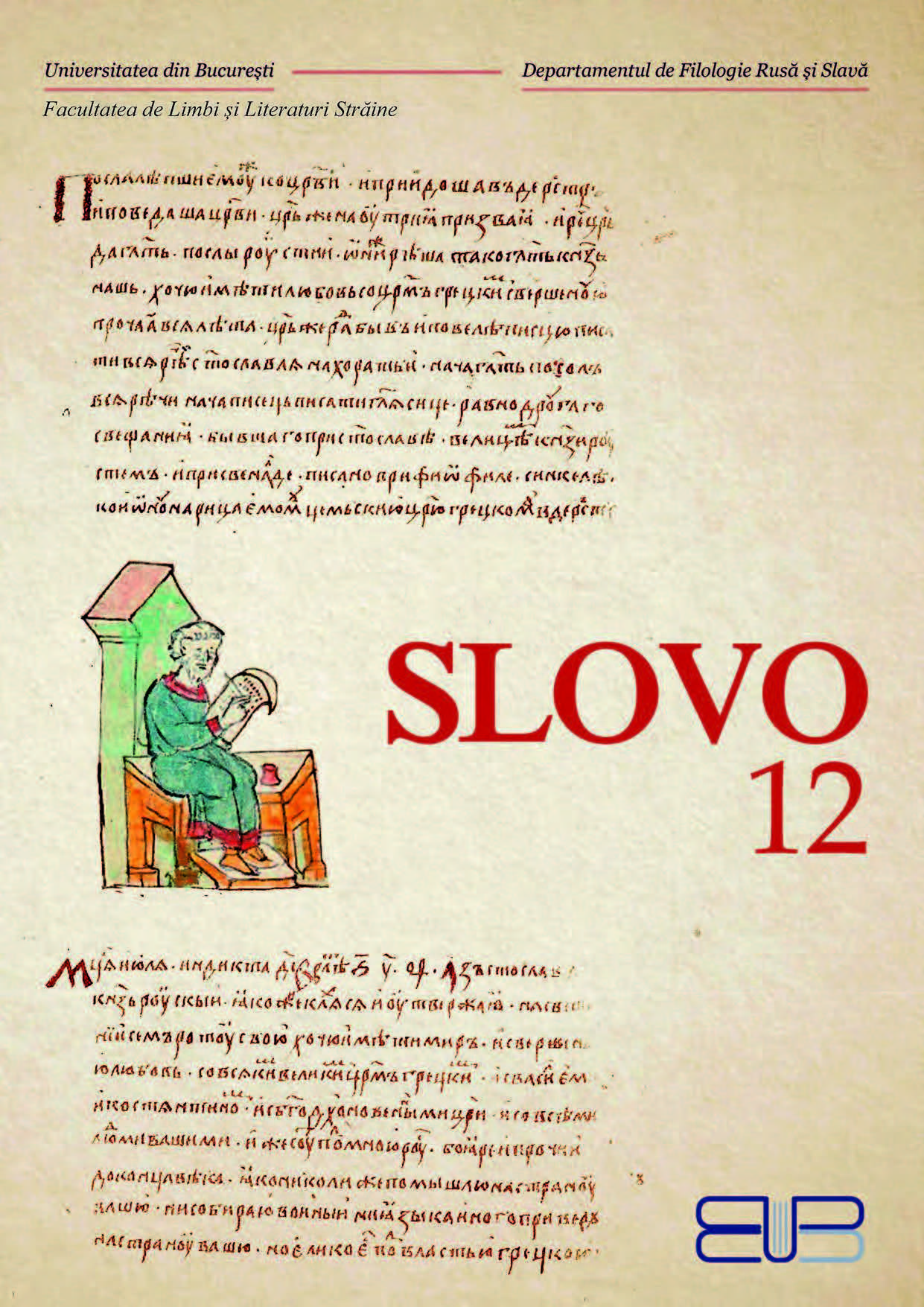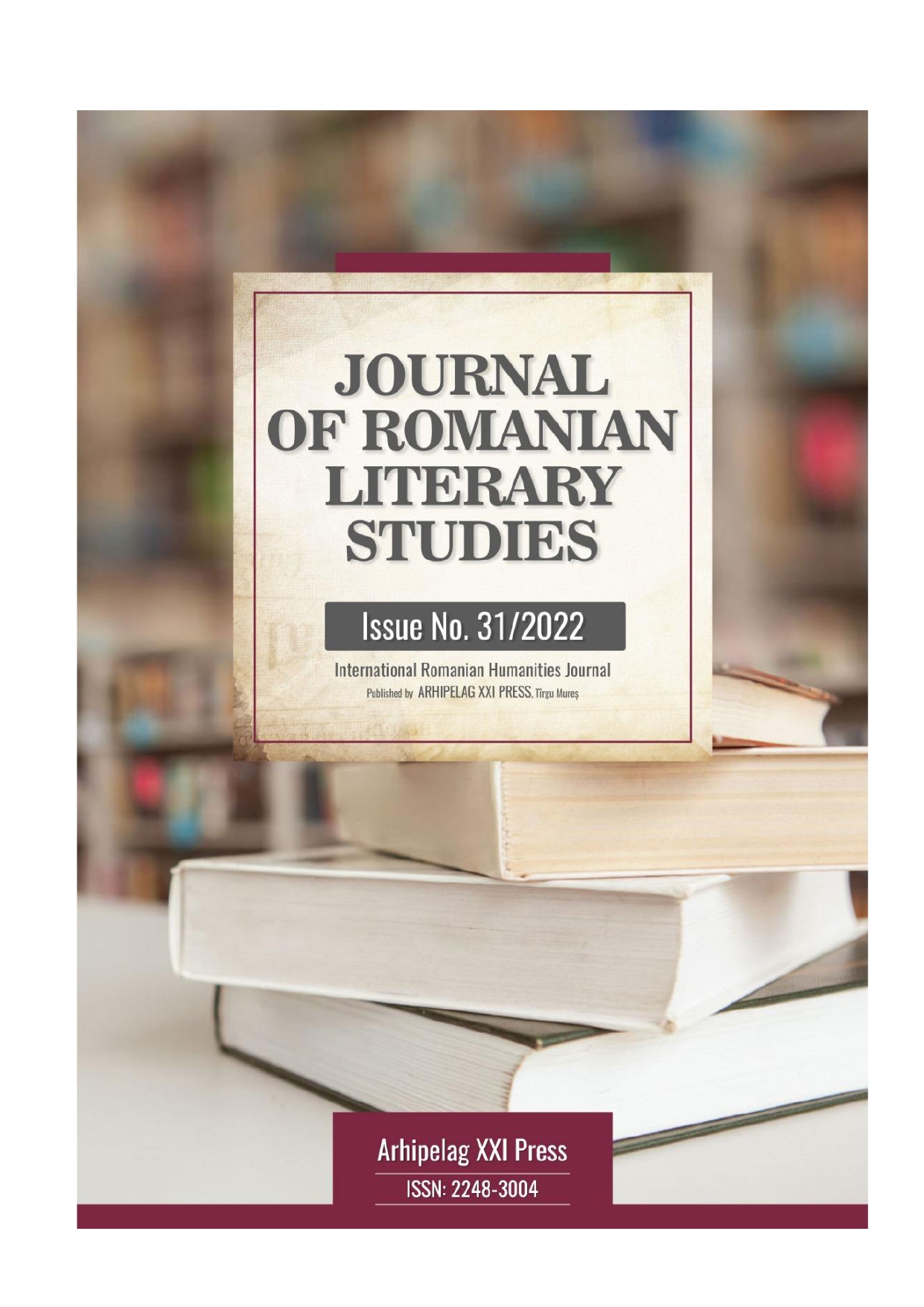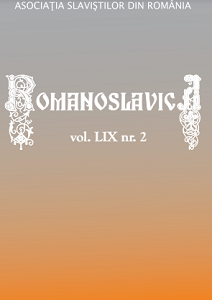VOCAŢIE EROICĂ ŞI VOCAŢIE FAMILIALĂ ÎN ROMANUL
„RĂZBOI ŞI PACE” DE L. N. TOLSTOI
Author(s): Florica Bodistean / Language(s): Romanian
/ Issue: 1/2012
Keywords: heroism; high-romanticism; realism; family novel; social meliorism
This study attempts to detail the specific view of heroism in Tolstoy’s novel „War and Peace”, a novel that, after the medieval chivalric canon and the dichotomous models of romanticism, offers a realistic perspective on the heroic prototype.
In comparison with Stendhal's skepticism which brings forth only characters who meet with failure, Tolstoy represents, in the same century, a moderate type of idealism. Behind the masks of the historical reality described in „War and Peace”, one can read symbols and archetypes presented by the author in a personal version, in accordance with a philosophy of history defined more and more clearly as the novel unfolds. The great originality is the combination of the historical/heroic novel with the family novel, of war and peace, introducing a level where the extraordinary echoes and reflects into everyday existence, going as far as to convert the poetic into the ultimate prosaicism of life. Life before the war is complicated and superficial. Life after the war will be simpler and more profound.
The idea of heroism undergoes huge transformations by transcending the incidence of the “extraordinary“ and becoming part of common people’s “normality”. The only type of heroism accepted by Tolstoy is the one put into the service of the popular war meant to defend Russia against France. Anything else is crime, brag and useless and dangerous vanity. Chivalry is and is not the historical pattern of manhood and the realist writer’s dialogue with the formula of the romantic historical novel is initiated on this very ground. Dismantling the hero myth comes from the well-known Tolstoyan idea that prominent figures are not the ones who make history; they can at most watch the events carefully and direct them to their own benefit.
Three are the Tolstoyan heroes, three different individualities, but each arrives, following his own route, to the same “finish line”: Nikolai Rostov, the twenty years old young man – a proper age for initiation in the ''art of weapons'' and the ''baptism of fire''–, Pierre Bezuhov, an inert intellectual, having a strictly theoretical vocation, who discovers in activism and in serving others the sense of life he has been desperately looking for and, finally, Andrei Bolkonsky, a young officer, bored by the stagnant life of the capital and of his home. Their story proves the defeat of high-romanticism – with its ”ideal” hero longing for the absolute – and the writer’s strong option for the values of peace and for the solutions offered by social meliorism, of illuminist origin.
More...
